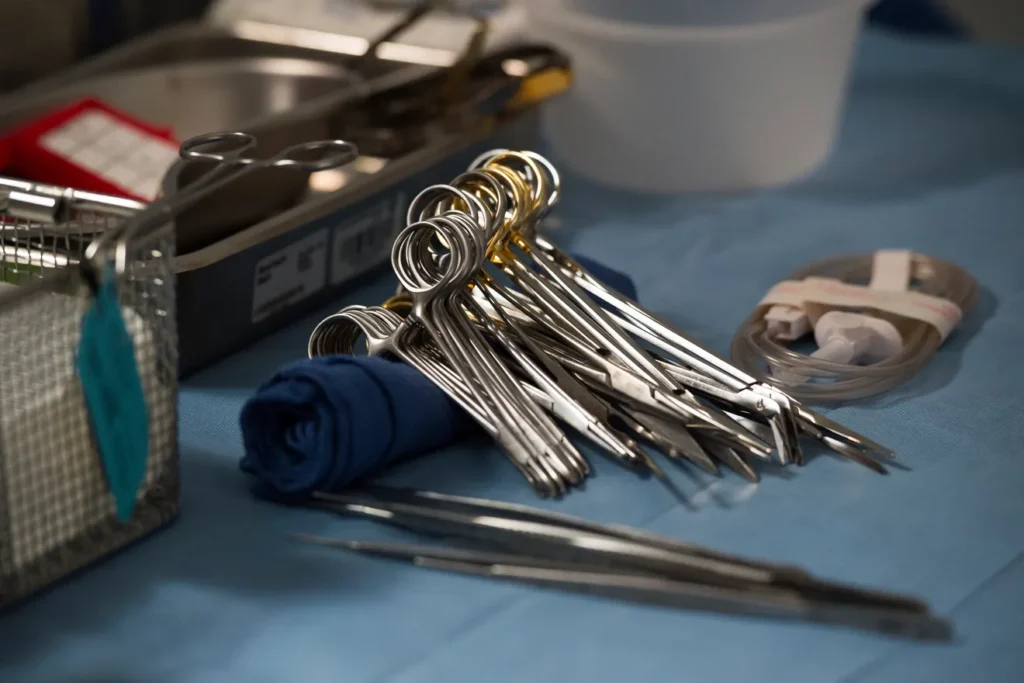Every few years, New Jersey is faced with the monumental question of whether or not to authorize certified registered nurse anesthetists — advanced practice nurses — who have completed an anesthesia training program, to administer anesthesia to patients without a licensed physician anesthesiologist present.
During the pandemic surge, Gov. Phil Murphy issued Executive Order 112, allowing flexibility in how hospitals utilized many healthcare providers, including authorization of CRNAs to administer anesthesia without physician supervision. Despite claims to the contrary, we are not aware of any hospital or ambulatory surgery center that permits a CRNA to administer anesthesia without physician supervision.
Some Trenton policymakers and advocates are now pushing legislation to codify those emergency measures implemented during the pandemic and utilize them as a vehicle for CRNAs to administer anesthesia without an anesthesiologist’s involvement. The measure would effectively remove all physician supervision from anesthesia care for CRNAs in New Jersey, eliminating physician-led team anesthesia care model and placing patients at significant risk.
To win support, proponents minimize its impact by claiming there will be no significant change other than allowing APNs to prescribe medication without physician involvement. Legislators, hospital administrators, and, most importantly, patients need to know that this measure would drastically change how anesthesia care is provided to patients in New Jersey, eliminating the physician anesthesiologist from their care.
I got involved with the New Jersey State Society of Anesthesiologists to advocate for my patients, colleagues and to ensure safe anesthesia care in our state. As a physician anesthesiologist, I have spent my career focused on patient safety in the operating room and on how physician led care can ensure the best outcomes for patients.
According to a public poll conducted recently and reported by TAPinto, 87% of voters strongly support current law requiring physician oversight for advanced practice nurses and anesthesia equivalents called certified nurse anesthetists. Additionally, by a 21-point margin, the same poll found a majority of New Jersey voters believe that removing these joint protocol agreements could compromise patient safety.
The New Jersey Supreme Court agreed in a 2005 ruling that anesthesia is the practice of medicine, which only physicians can practice, and the Board of Medical Examiners was within their authority to require physician supervision of CRNAs providing anesthesia support during surgeries performed in a physician’s office. The High Court recognized that the advanced training and education of physician anesthesiologists better enables them to protect patients and respond when complications with anesthesia occur.
Proponents of this legislation disregard the long-standing ruling of the New Jersey Supreme Court and these facts by pointing to states that have adopted similar measures in an attempt to increase patient access in rural areas. However, New Jersey does not have a rural designation according to the Federal Health Resources and Services Administration. Furthermore, data indicates that states with independent practice have not seen CRNAs/APNs flood into underserved areas, doing little to resolve shortages in rural and underserved areas.
A physician anesthesiologist’s experience cannot be dismissed, duplicated or replaced in the operating room. A physician anesthesiologist completes 12-14 years of education and 12,000-16,000 hours of clinical training. In contrast, CRNAs are trained in anesthesia care with less than half of the years of education and one-fifth of the clinical training of a board-certified anesthesiologist. CRNAs are not trained to make critical life or death decisions during surgery. A physician anesthesiologist’s extensive training and education can be the difference between life and death.
The changes proposed by this bill contradict the World Health Organization’s “International Standards for a Safe Practice of Anesthesia,” which states “wherever and whenever possible, anesthesia should be provided, led, or overseen by an anesthesiologist.” Anesthesia care in the operating room is not like other areas of medicine, where seconds matter and there are no second chances. This measure would undoubtedly put patient safety at risk. Please maintain the safety New Jersey patients deserve and your constituents demand for their anesthesia care.
Richard Colavita, MD, MBA, FASA is board certified in pediatrics and anesthesia. He was most recently the chief of Anesthesia at Monmouth Medical Center and is currently the vice-president of the New Jersey State Society of Anesthesiologists.
Source: https://www.northjersey.com/story/opinion/2023/03/27/nj-registered-nurse-anesthetists-should-not-be-in-operating-rooms/70044669007/

